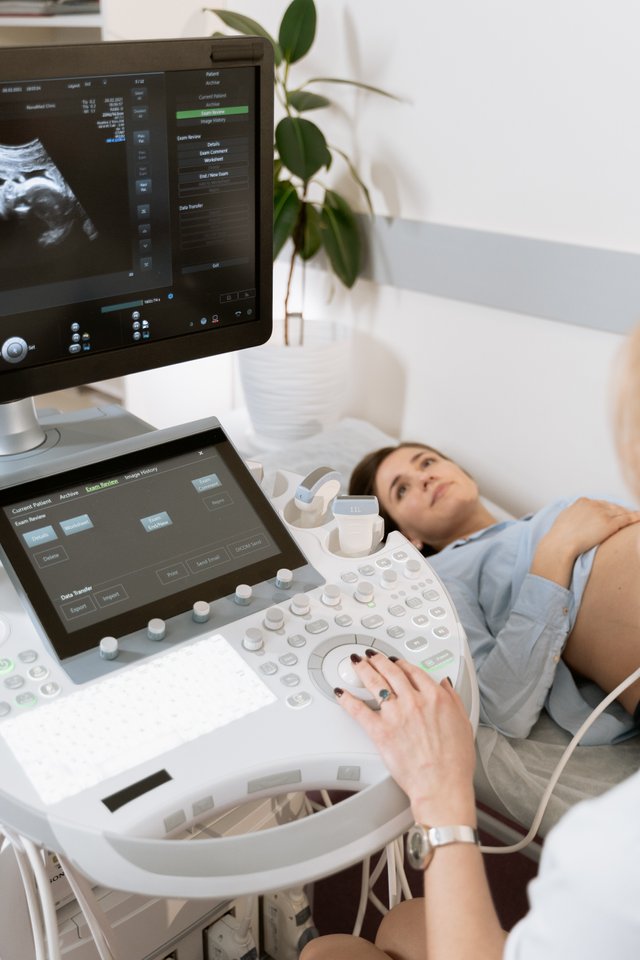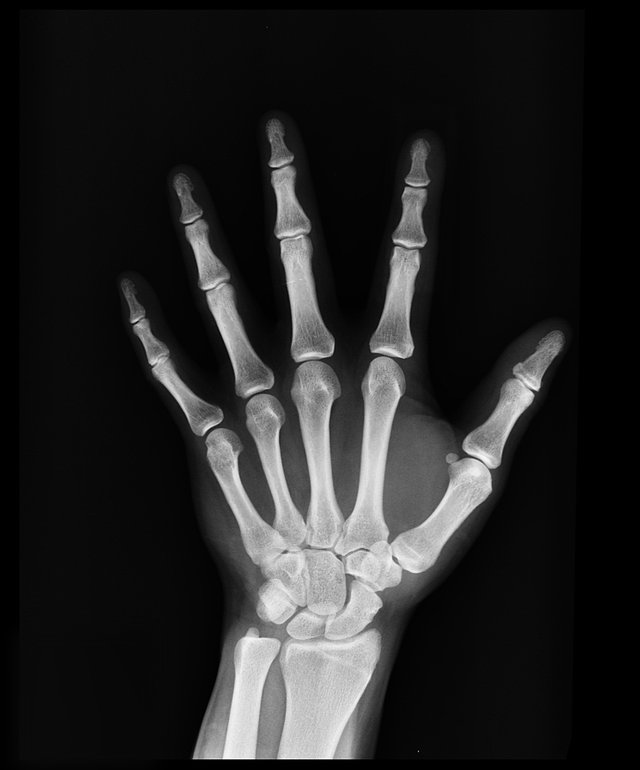
Emergency contraception, often referred to as the "morning-after pill," is a crucial option for individuals who need to prevent pregnancy after unprotected sex or contraceptive failure. While it is generally considered safe and effective for its intended purpose, there has been ongoing debate and research into its potential long-term side effects. In this article, we will explore eight potential long-term side effects associated with the use of the morning-after pill.
· Hormonal imbalance

One of the most common concerns regarding the morning-after pill is its impact on hormonal balance.
Emergency contraceptives contain high doses of synthetic hormones, such as levonorgestrel, which can temporarily disrupt the normal hormonal rhythm. This disruption may lead to irregular menstrual cycles and hormonal imbalances in some individuals.
· Changes in Menstrual Patterns

Many users report changes in their menstrual patterns after taking emergency contraception. These changes can include heavier or lighter periods, irregular menstruation, or spotting between periods.
While these alterations are usually short-term, some individuals may experience prolonged disruptions.
· Fertility Concerns

There is a misconception that emergency contraception can cause infertility. However, the morning-after pill is not designed for long-term contraceptive use. Repeated reliance on emergency contraception.may lead to difficulties in conceiving in the future if it is frequently used as a primary contraceptive method. It is crucial to discuss more suitable contraception options with a healthcare provider.
· Ectopic Pregnancy Risk

Some studies have suggested that the use of emergency contraception may slightly increase the risk of ectopic pregnancies. Ectopic pregnancies occur when a fertilized egg implants outside the uterus, typically in the fallopian tubes. While this risk is still relatively low, it is essential to be aware of the potential consequences.
· Gastrointestinal Issues

The morning-after pill can lead to gastrointestinal side effects, such as nausea and vomiting. These symptoms are generally short-lived and should subside within a day or two.However, frequent use may increase the likelihood of experiencing these uncomfortable side effects.
· Breast Tenderness

Another less common side effect associated with emergency contraception is breast tenderness. Some individuals may experience discomfort or sensitivity in their breasts after taking the morning-after pill. This side effect is usually temporary and subsides once the hormonal effects wear off.
· Mood Swings and Emotional Distress

Hormonal changes triggered by emergency contraception can sometimes lead to mood swings and emotional distress. Users may feel anxious, irritable, or emotionally sensitive for a short period. It is essential to seek support if these emotional changes persist.
· Possible Impact on Bone Health

There is ongoing research regarding the potential impact of repeated use of emergency contraception on bone health. Some studies have suggested that long-term, frequent use may affect bone density, although more research is needed to establish a definitive link.

To finish up, while the morning-after pill is a valuable tool for preventing unintended pregnancies, it is crucial to be aware of the potential long-term side effects associated with its use. It is not meant to be a regular method of contraception, and individuals who find themselves frequently relying on emergency contraception should consult a healthcare provider to explore more reliable and sustainable contraceptive options. As with any medication, it is essential to weigh the benefits against the potential risks and make informed choices regarding one's reproductive health.
Great article
Downvoting a post can decrease pending rewards and make it less visible. Common reasons:
Submit